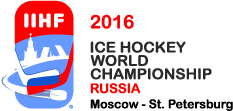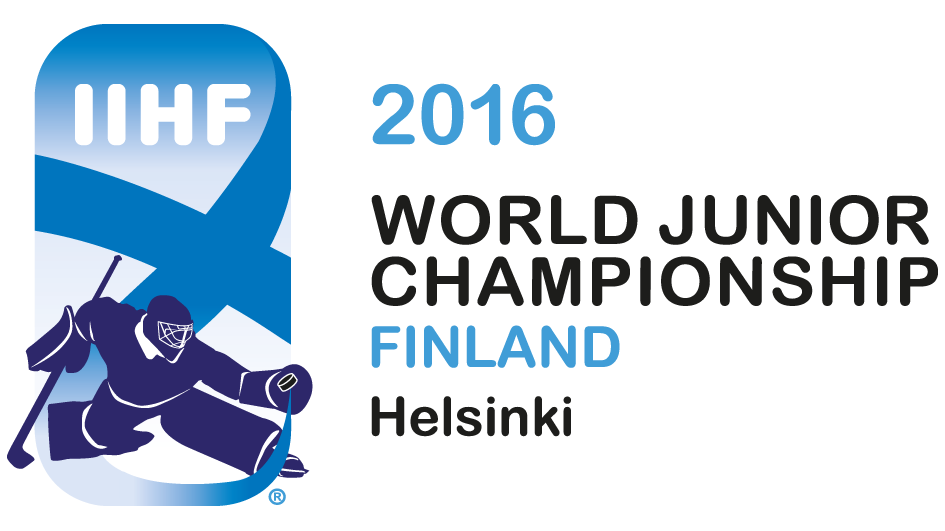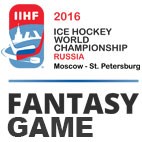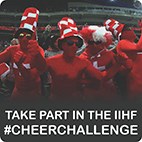No lead safe
No lead safe
“First goal wins” not the case in Russia

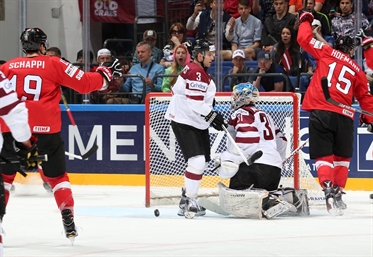 Latvia came back from a 3-0 deficit but Switzerland ended up as winner. Photo: Andre Ringuette / HHOF-IIHF Images
Latvia came back from a 3-0 deficit but Switzerland ended up as winner. Photo: Andre Ringuette / HHOF-IIHF Images
Indeed, there have been a refreshing number of rallies and comebacks to upset the balance.
One week ago today, Switzerland played Latvia in a Preliminary Round game in Moscow. After a scoreless first period, the Swiss erupted for three goals in five minutes to take a 3-0 lead over a Latvian team that had struggled to start the tournament.
Game over, right? Wrong. Later in the period it took the Latvians just five minutes to tie the game. The Swiss took a 4-3 lead early in the third only to see the Latvians rally and tie the game. A late goal from Eric Blum gave the Swiss a 5-4 win in a thrilling game.
This was the biggest rally of 2016 so far, but there have been several 2-0 rallies and, more important, many instances when a 1-0 lead was anything but safe. Of the 56 Preliminary Round games, 22 saw a 1-0 lead become a 1-1 game.
And, in yesterday’s quarter-finals, two of the four games saw comebacks. Germany scored first against Russia, only to lose the game, and the Czechs skated out to a 1-0 lead only to be eliminated by the upstart Americans in a shootout.
That means that 34 games went from 1-0 to 2-0, but an impressive seven of those games went from 2-0 to 2-2. Add to the mix Switzerland’s 3-0 rally and 30 of the 56 games saw rallies of one length or another.
Like all nations, Switzerland played seven games. An incredible six were one-goal decisions, and four of that number were settled in overtime or a shootout (plus another in the quarters). In fact, since the IIHF went to the current format in 2012, we have seen the trend of games going beyond 60 minutes continue. In 2012, there were only four such games, but in 2013 and 2014 there were ten. Last year, an incredible 14 of the 64 total games went to OT/PSS.
The 2-0 rallies are particularly noteworthy because they were often unexpected. Canada was seemingly coasting along against Germany, building a tidy 2-0 lead, only to see the underdogs stage a rally. Canada eventually won, 5-2, but it wasn’t as easy as it looked.
Hungary also had a surprising 2-0 lead over Belarus only to let that lead disappear. Like Canada, though, the team that lost the two-goal lead rallies to win, 5-2.
Belarus was also in another such game. It was down to Slovakia 2-0 but rallied to tie and continued on to win, 4-2.
The Czechs were involved in two rallies of two goals as well. They led the Latvians 2-0, but Latvia went ahead 3-2. With the goalie out, the Czechs tied the game in the final minute and won in overtime.
Two days later, in an even more impressive effort, they trailed Sweden, 2-0, but came back to win, 4-2.
The undefeated Finns had their toughest game against the young Americans, taking a solid 2-0 lead midway through the first period only to see the U.S. tie matters in the third. Only a Leo Komarov goal kept the Finns perfect.
The Danes were happy to be in the playoffs for only the second time, but had they missed out they surely would have looked to their 3-2 loss to Switzerland as the reason why. They lead 2-0 and were playing poised hockey, but Nino Niederreiter tied the game late in the third and Blum won it in overtime.
As always on a 16-team tournament, there have been a few blowouts, but the majority of the Preliminary Round featured exciting, closely-contested play. As we head to the semi-finals, we can expect more of the same.
After all, history has shown that at the World Championship, the action is the attraction.
Back to Overview

